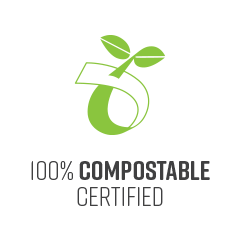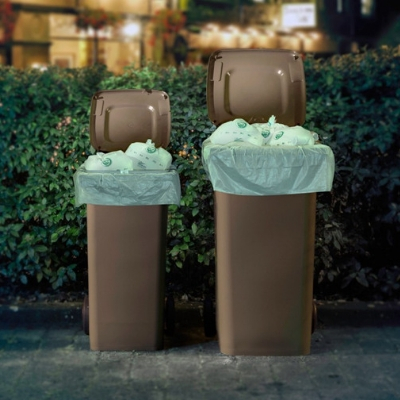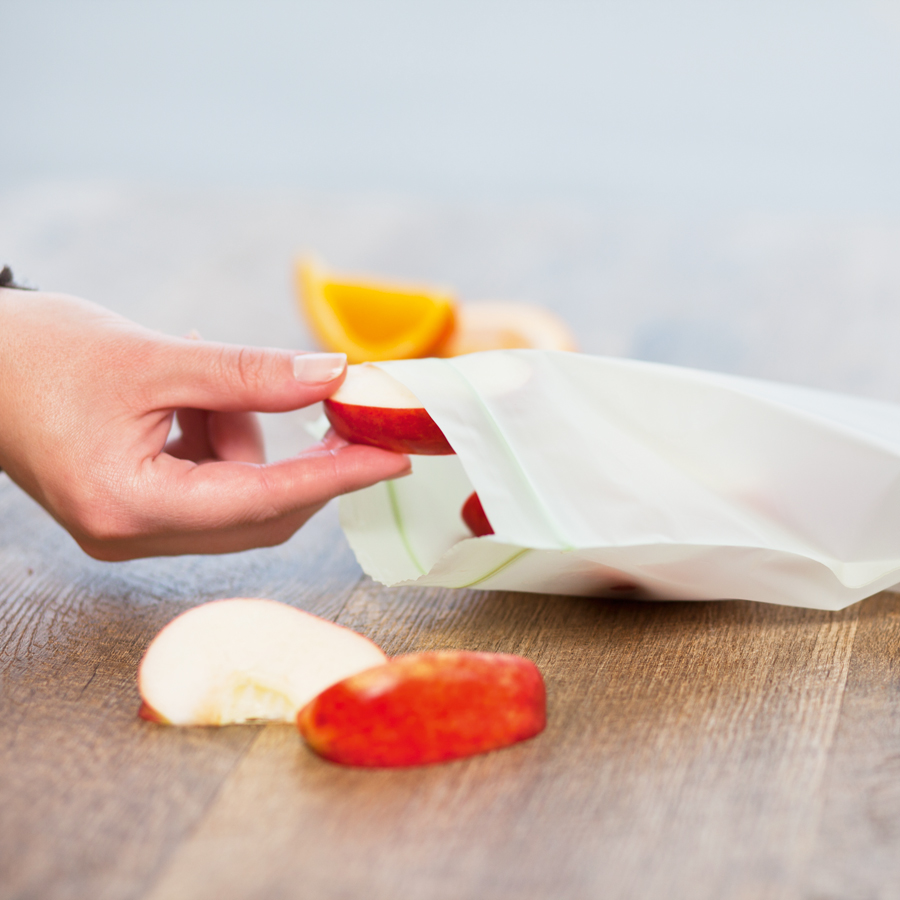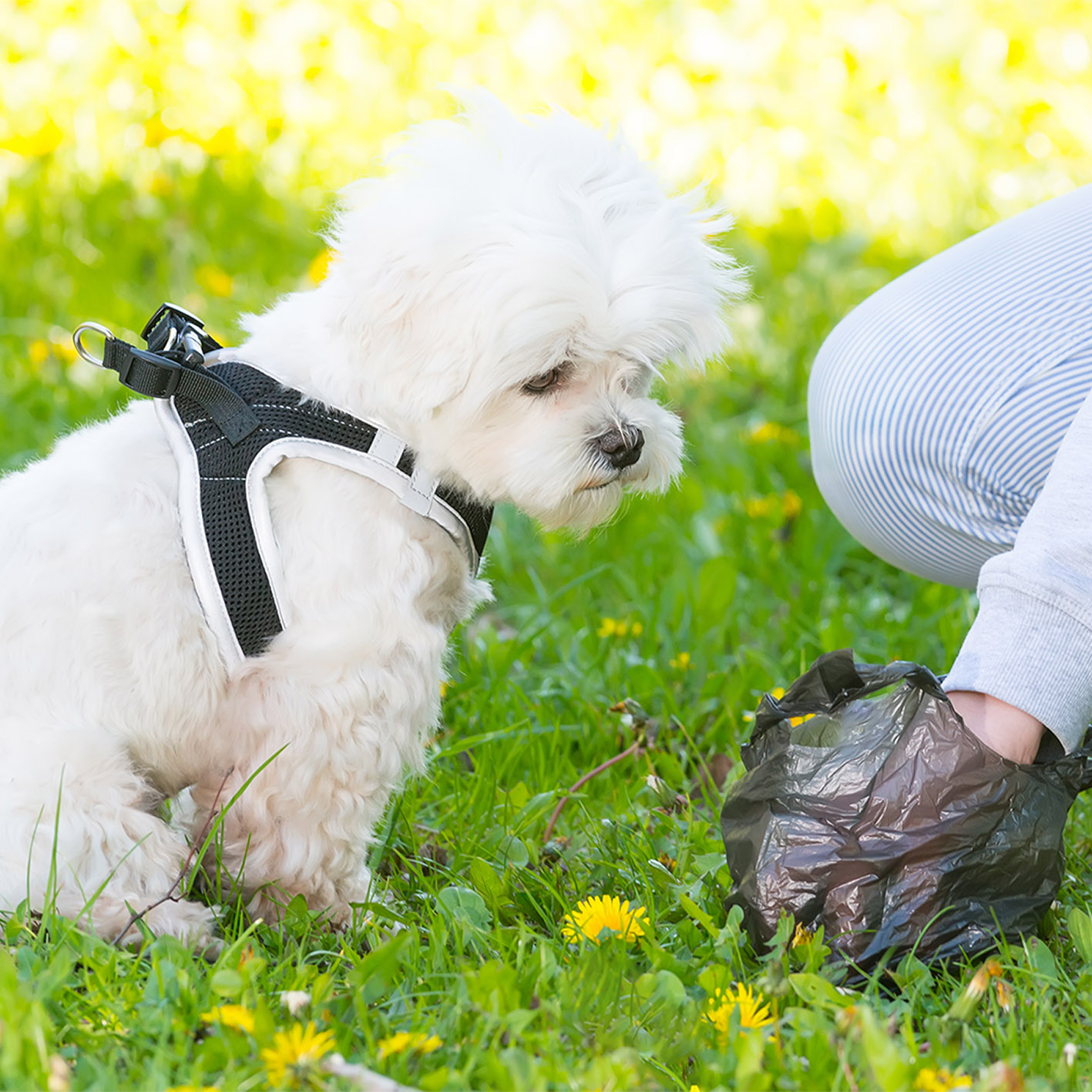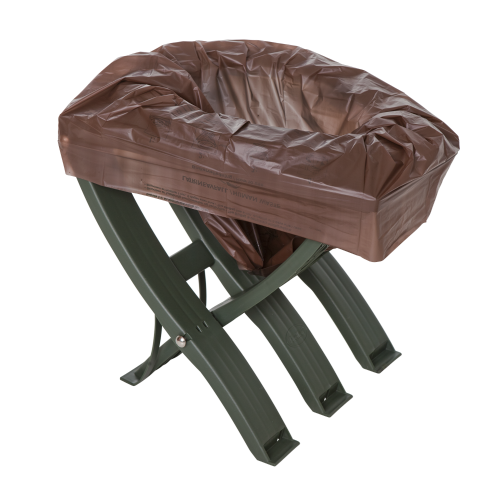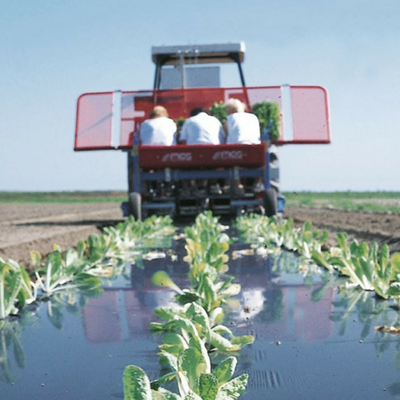The term biodegradable doesn’t mean anything because everything is biodegradable eventually. in Australia we allow companies to use the term ‘bio’ without proof. To be truly biodegradable, a bag must tick these boxes:
✅ It must leave no toxic residues or traces of plastic behind.
✅ It must be capable of being decomposed by bacteria or other living organisms and thereby avoiding pollution.
✅ It will break down into organic matter anywhere microorganisms are present, including on land and in the water.
Compostable bags break down into organic matter with no toxic residues just like food organic waste to become soil fertiliser and plant food. BioBag products comply with the Australian Standard AS4736 so consumers can be sure our bags will biodegrade in any environment where there is oxygen and microorganisms, including on land and in water.
Yes, in an active compost environment a BioBag will break down within a matter of weeks and at the same rate as your food scraps. Success of home composting depends on how rich your compost is and the conditions unique to your compost bin and your location, including outside temperatures, moisture levels and the number of active microorganisms.
BioBags break down at normal compost temperatures and don’t need to be heated to high temperatures to break down.
No, BioBags are certified compostable and contain a variety of compostable polymers so they can safely be eaten by worms and micro-organisms, leaving no toxic residues or microplastics behind.
BioBag products are made from a compostable resin named Mater-Bi produced by Novamont, an Italian research company dedicated to environmental alternatives to polyethylene-based plastics. Mater-Bi is an innovative family of bioplastics that uses substances obtained from plants, such as but not limited to, non-genetically modified corn starch, and biodegradable/compostable polymers obtained both from renewable raw materials and fossil raw materials. Novamont’s policy is to acquire and use exclusively natural, non-GM, raw materials (such as starch).
To read more about Mater-Bi, visit this website.
A BioBag will break down anywhere oxygen and microorganisms are present and microorganisms are everywhere. If a BioBag becomes litter today, it only has a matter of weeks to reach the marine environment, whereas plastic bags remain in the environment for hundreds of years. Our number one goal is offering an alternative to plastic bags. If we can divert just one gram of plastic away from landfill then we’re happy. Even if they don’t make it into a compost bin, they’re still better for the environment as a whole because they don’t break down into microplastics and they have a lower carbon footprint than plastic which is made from oil – a non-renewable resource.
Compostable bags break down into organic matter anywhere microorganisms exist, including in a landfill. The length of time it takes for the bags to break down depends on specific conditions like the temperature and number of microorganisms present.
Yes, when you try them you’ll see the strength of a BioBag is comparable to a normal plastic bag and the technology is improving all the time.
Bags labelled ‘degradable’ and ‘landfill biodegradable’ are designed to fragment leaving many thousands of small plastic particles which persist in the environment and pollute the soils and waterways.
The single largest component of waste going to landfill in Australia is organic waste. These products do nothing to help address this, unlike a certified compostable BioBag which can be used to collect and distribute organic waste to compost. Degradable and landfill biodegradable bags are not accepted in organic waste processing facilities.
New legislation in QLD and WA bans shopping bags with handles and a thickness under 35 microns made of plastic, biodegradable or degradable material. Legislation in SA, NT, TAS and Canberra exempts biodegradable including compostable bags from the ban if they meet the Australian Standard for compostability like BioBags do.
The inclusion of compostable bags was led by confusion around the lack of standardised labelling and regulation on degradable and biodegradable bags. Instead of including compostable bags in the ban due to lack of knowledge, we want to clear up the confusion, so we wrote this blog to explain the differences between degradable, biodegradable and compostable bags: Misleading degradable and biodegradable plastic bags
This report explains how the renewable ingredients in BioBags are grown with almost zero impact on food production: Bioplastics and Crops – A False problem
Biobag World Australia makes bags from 8 litre to 240 litres.
When stored somewhere cool, dark and dry BioBag products will last 12 months from the date of purchase.

